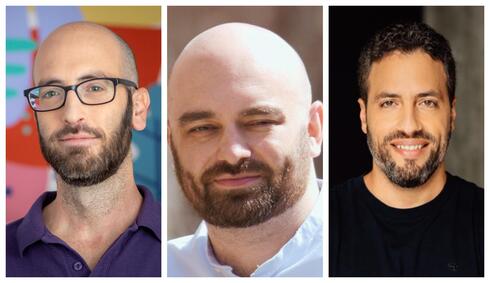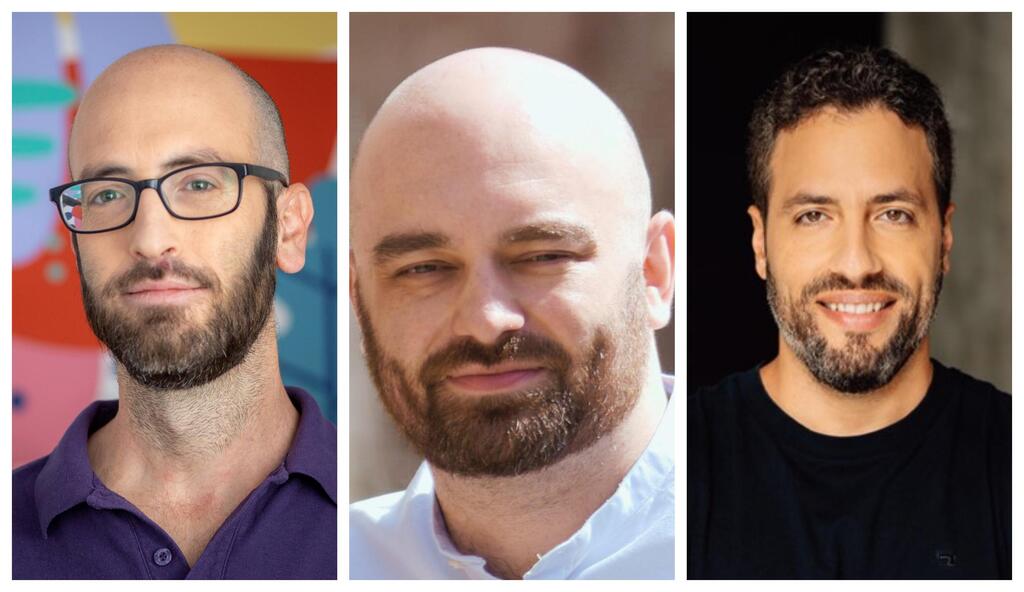
Israeli tech CTOs balance innovation and resilience in uncertain times
CTOs from Sola Security, Plarium, and Gloat all joined CTech to share how they dealt with crises in wartime.
As technology reshapes industries worldwide, Chief Technology Officers (CTOs) play a critical role in navigating innovation and ensuring operational stability. For Israeli tech leaders, this challenge takes on unique dimensions, especially in light of recent economic and geopolitical shifts caused by the ongoing conflicts with Hamas and Hezbollah.
Leon Goldberg, CTO of Sola Security, leads the charge at his newly established company. Founded in May 2024, Sola Security focuses on resilience in both product design and team operations. Goldberg’s approach emphasizes efficiency and adaptability: “We’ve prioritized smooth handovers of projects and responsibilities,” he says, highlighting how his team ensures continuity despite reserve duty call-ups. This disciplined focus extends to technology itself, where Sola Security avoids quick wins that could compromise long-term stability.
1 View gallery


L to R: Gloat's Amichai, Sola's Leon, and Plarium's Niv
(Photo: Gloat/Sola/Natanel Tobias)
For Goldberg, aligning innovation with business goals is key. “From the beginning, we’ve built a shared understanding that technological advancement is essential to achieving our goals and maintaining our competitive edge,” he explains. This focus ensures that technology and business objectives remain closely tied, fostering a dynamic where innovation and stakeholder demands complement one another.
While Sola Security is still in its early days, Plarium’s CTO, Omer Niv, has spent nearly a decade honing a strategy that balances creativity with operational excellence. At Plarium, best known for its global gaming successes, Niv’s role centers on delivering games while embracing artistry and innovation. "Even as CTO, every day I’m exposed to creative thinking and incredible artistry," he shares.
When asked about balancing productivity with rapid development, Niv emphasizes efficiency. “Set clear priorities, ensure meetings are brief and efficient, automate repetitive tasks, and establish blocks for uninterrupted work,” he advises. Plarium also conducts regular retrospectives to refine its processes, an approach that reflects its people-first philosophy.
Niv also recounts a significant project that shaped Plarium’s operations: moving a major game from a data center to the cloud. “We moved one of our most successful games, at scale, from a data center to the cloud, with zero downtime,” he says. This achievement not only set a new benchmark for the company but also proved the feasibility of deploying games globally without disruption.
At Gloat, co-founder and CTO Amichai Schreiber has spent over nine years developing technology that empowers employees to chart their career paths. His role, he says, is about understanding where to focus resources and avoiding unnecessary complexity. “We need to be able to figure out how skills work, what skills each person has, what it means for their jobs,” Schreiber explains.
One of Schreiber’s most impactful contributions has been creating Gloat’s skills ontology—a system for cataloging and labeling employee skills. This initiative, now bolstered by generative AI, has become a cornerstone of the company’s platform. Another game-changer has been integrating a graph database into Gloat’s architecture. “It enables all our applications to easily make sense of our data, finding patterns and making connections,” he says, describing it as a driver of product innovation.
All three CTOs acknowledge that external factors—from economic shifts to geopolitical challenges—shape their strategies. The economic uncertainty in Israel, for instance, has prompted companies to prioritize efficiency and resilience. Goldberg points out that Sola Security is focused on “solutions that deliver maximum value with minimal overhead.” Similarly, Niv notes that Plarium has doubled down on the resilience of its tech infrastructure to keep delivering, while Schreiber emphasizes his company’s continued hiring success despite the challenging environment.
The events of October 7, which deeply affected Israel, tested these companies’ resilience. Goldberg credits disciplined planning for enabling Sola Security to maintain operations. At Plarium, Niv highlights a “robust business continuity plan” supported by teams abroad. Meanwhile, Schreiber reflects on how some employees coped by channeling stress into productivity, underscoring the importance of leadership support during difficult times.
Looking ahead, all three CTOs agree on the importance of innovation, though they take different approaches to balancing it with stability. Goldberg advocates for disciplined development to avoid compromising long-term goals. Niv embraces bold, seemingly impossible projects that redefine operational norms, while Schreiber focuses on building flexible systems that can scale with evolving demands.
Their shared commitment to aligning technological advancement with human needs offers a roadmap for navigating uncertainty. Whether through redefining developer workflows, leveraging AI to empower individuals, or scaling gaming platforms without downtime, these leaders demonstrate how innovation can thrive—even in the face of adversity.













